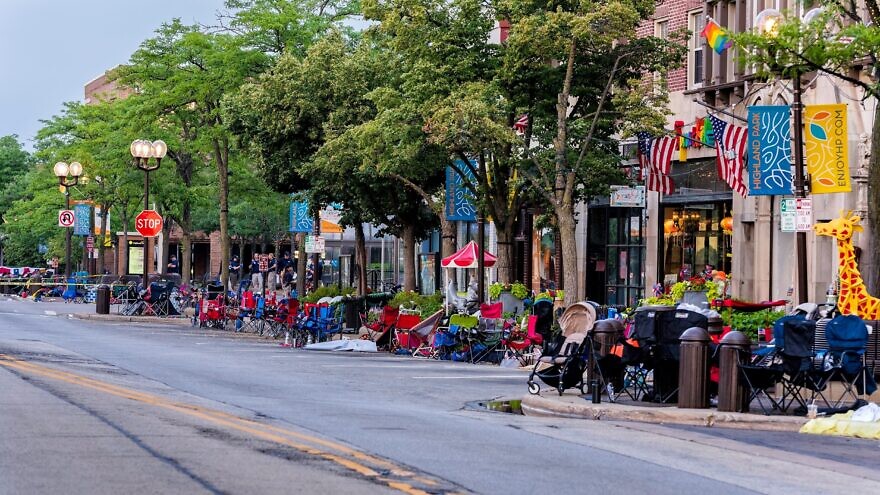The suspect who killed seven and injured at least 38 people at a Fourth of July parade in Highland Park, Ill., is being held without bond after being charged on Wednesday with seven counts of first-degree murder.
New details about the shooting were revealed by authorities during a news conference after the suspect’s first court appearance, including that Robert “Bobby” Crimo III, 21, of Highwood, Ill., had driven to Madison, Wis., after the shooting, where he considered another attack with the one rifle and 60 rounds remaining.
According to Lake County State’s Attorney Eric Rinehart, the judge at Crimo’s first hearing found that the evidence was at such a level—with the charges carrying a mandatory minimum life sentence—that Crimo could be held without bond.
Rinehart told reporters that Crimo confessed to the shooting while in the custody of the Highland Park Police after being read his Miranda Rights. Crimo, who was shooting from a roof of a downtown building along the parade route, shot approximately 80 rounds into the crowd.
Those who were fatally shot included Katherine Goldstein, 64; Irina McCarthy, 35, and her husband, Kevin McCarthy, 37 (who shielded their 2-year-old son with his body and protected him); Jacquelyn Sundheim, 63; Stephen Straus, 88, all Highland Park residents; as well as Nicolas Toledo-Zaragoza, 78, of Morelos, Mexico; and Eduardo Uvaldo, 69, of Waukegan, Ill.
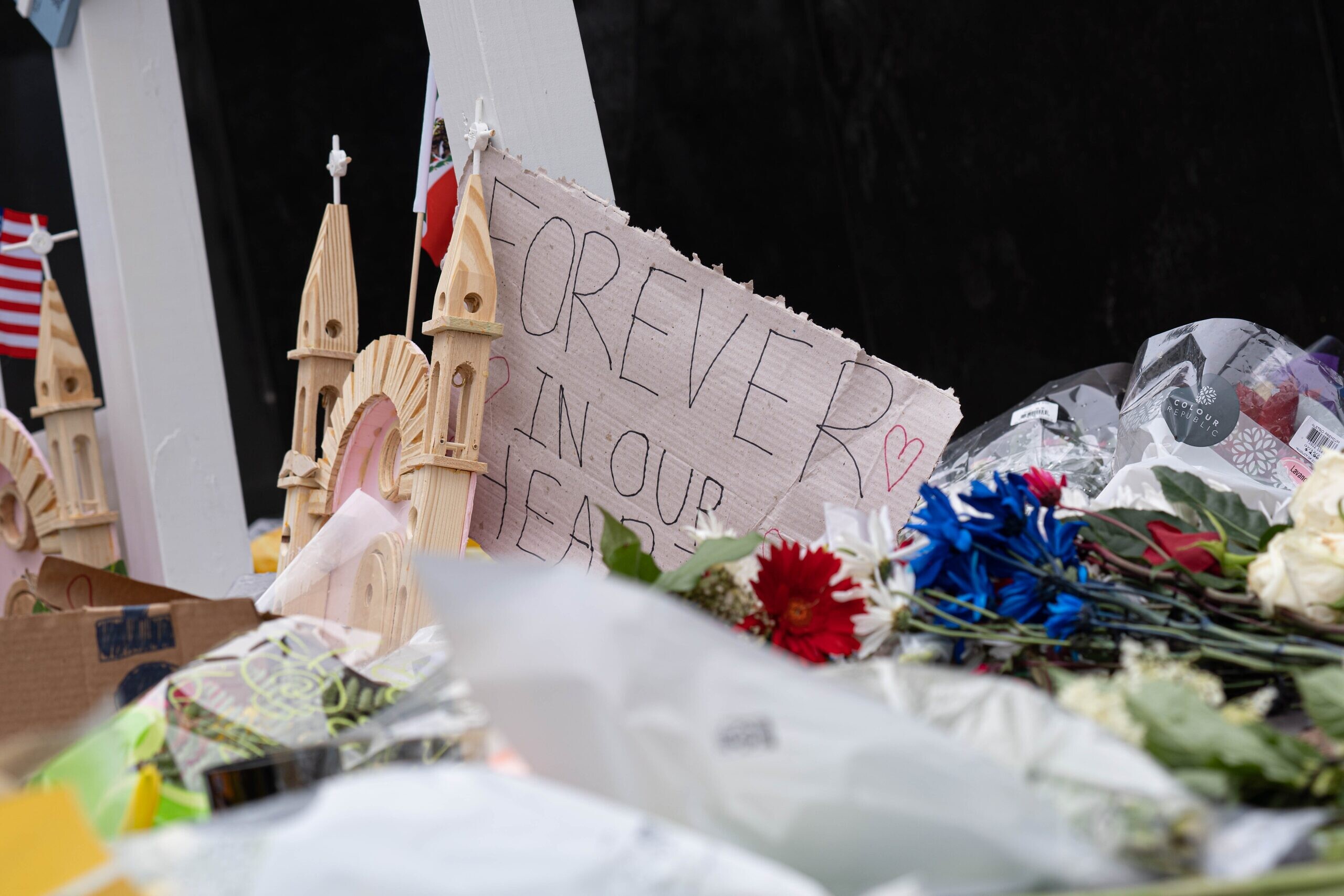
‘It’s a very tight-knit Jewish community’
The shooting overwhelmed the suburban city 30 minutes north of Chicago, which, according to the most recent population study conducted by the Jewish United Fund (JUF), makes up approximately half of the city’s estimated population of 30,000.
David Goldenberg, Midwest regional director of the ADL, said he was fortunate not to have been under direct fire while attending the parade with his wife and three young children
Early in the morning, his wife sent him to put out chairs along the parade route for the family. He first placed them in the area Crimo would later target. But when he came home, his wife told him to go back and move the chairs about three blocks down along the parade route so they could celebrate with another family.
“I remember how annoyed I was at having to truck with two of my little kids to get the chairs and then have to truck all the way down the hill,” he said. “And lo-and-behold … had we been there, we would have been right in the middle of it.”
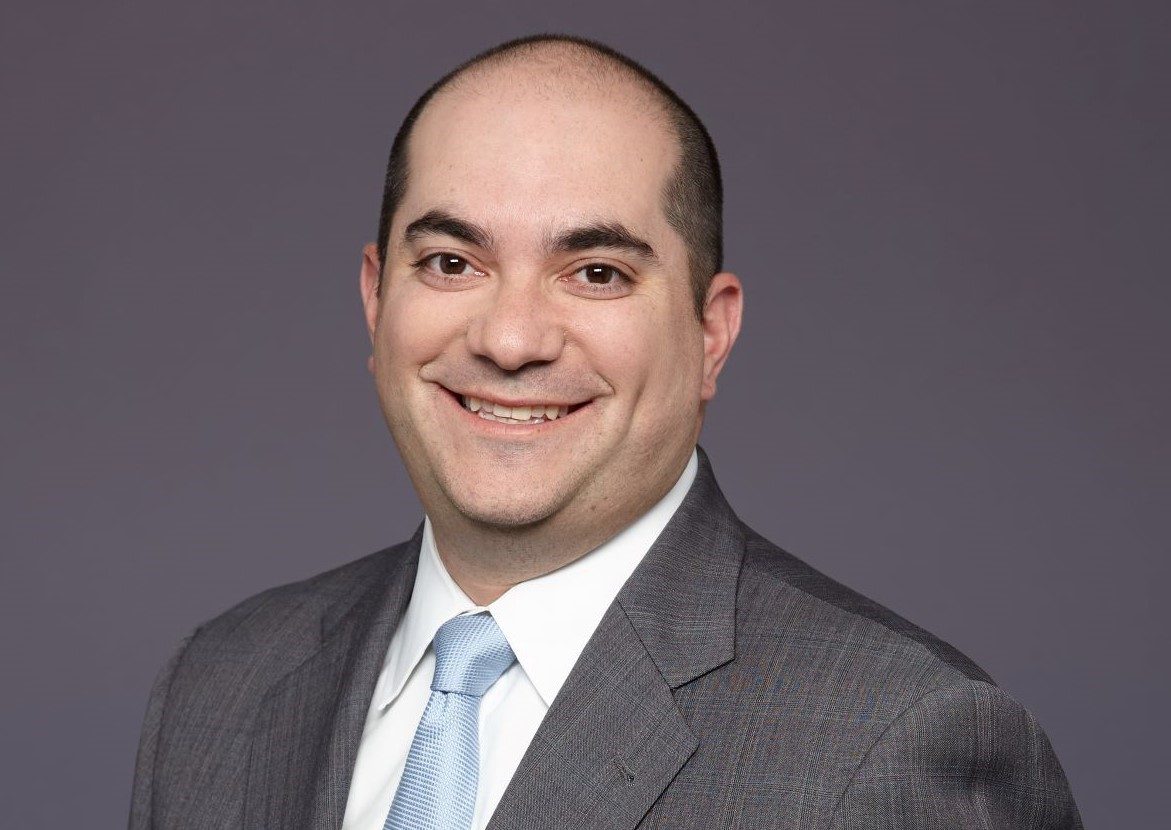
Goldenberg and his family did not hear any gunshots because the fire trucks leading the parade were in front of them with sirens blaring.
Suddenly, he said he saw an unmarked police car with emergency lights speeding against the flow of the parade. Then he saw people running and yelling that there was a shooter.
He and his wife grabbed his two smaller children and realized that they couldn’t find their oldest daughter among the chaos, even though she had been approximately 10 feet away from them. He told his wife to take his two youngest kids and run, while he would stay to find his daughter until she called two minutes later to tell him that she was with a friend from their synagogue and ran to their house.
When he knew his family was safe, he got to work mobilizing the Midwest ADL team to assess the situation and assist law enforcement.
At least two people connected with the ADL were killed and one was injured, said Goldenberg, adding the community—with many Jewish institutions and synagogues of every denomination—is especially close.
“It’s a very tight-knit Jewish community,” he said. “But beyond the Jewish part, it’s a tight-knit community in general.”
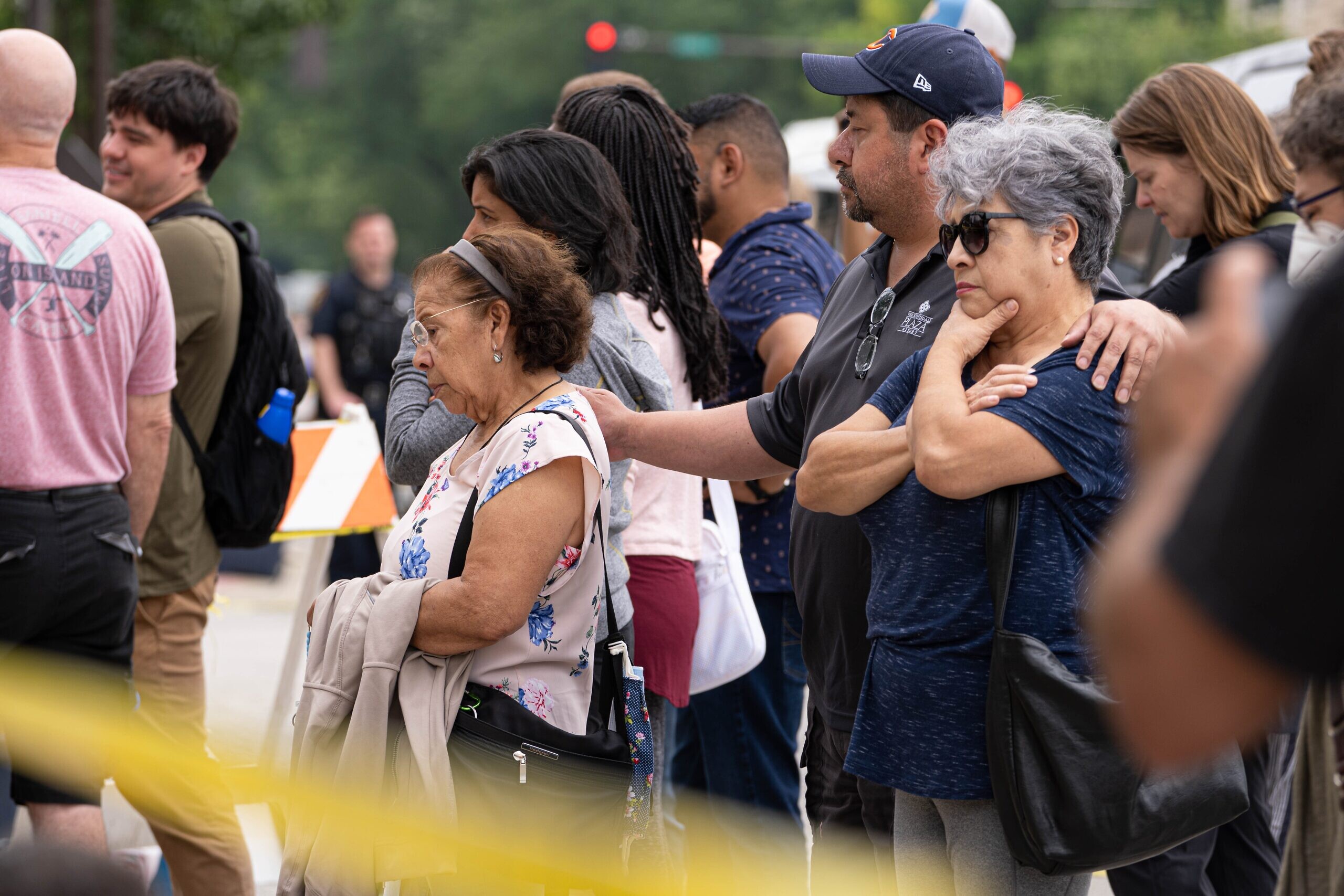
‘Words of comfort and encouragement’
As the parade was starting, Rabbi Yosef Schanowitz of North Suburban Chabad‒Central Avenue Synagogue was working in the synagogue office. The synagogue, located along the parade route, planned to participate. Four teenage students who were guests at the synagogue were setting up a table in front, and a member planned to drive a pickup with a menorah in the truck bed.
He then received a call from his wife, who was preparing to watch the parade with some families and kids, telling him that the festivities were canceled.
When he went outside, he saw that all but a few people had already fled. He ran into a woman he knew and asked her what was going on, and she told him about the active shooter.
He took the students inside the synagogue and had them call their parents. After everything was settled with the boys, he said that he felt a need to try to visit Highland Park Hospital, as he had been a volunteer chaplain there.
He went to the emergency room; the staff allowed him to go door-to-door.
“There were Jews, obviously, and non-Jews,” he said. “And it was not a time for conversation—light conversation … . I just walked into the room and introduced myself, ‘I’m … clergy, I want to wish you all the best. God be with you and may you recover, so on and so forth,” he said. “Just encouraging words, words of comfort and encouragement, and then I checked with a few [nursing] stations [in the general hospital] just to make sure that nobody asked for clergy help.”
Later in the day, when Crimo’s picture was released, he found out that several members of his synagogue recognized his face. Crimo had once entered the synagogue, unnerving some attendees and staying during the service. Schanowitz said that despite what has been reported, he did not ask Crimo to leave.
“We do have security—off-duty police—every Shabbos and every Yom Tov at the door. And we also have people in the shul who are trained, licensed carriers,” he said.
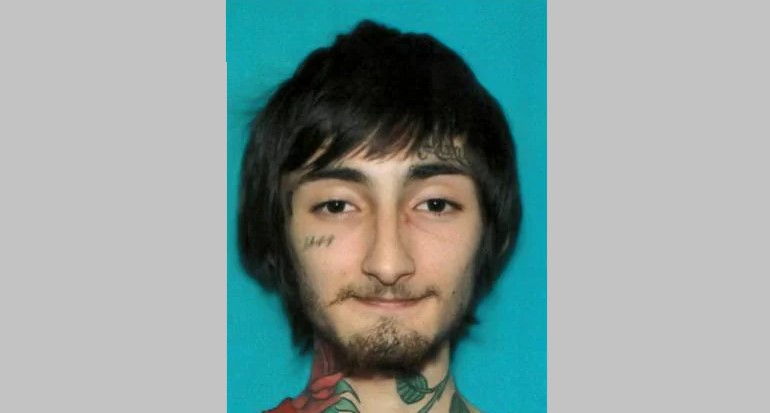
Crimo was approached by several people, including the security guard, but had not done anything that warranted him being kicked out; plus, there were people next to him who were armed in case he tried something.
“I don’t remember the details … but I knew that there were people here who were on the lookout, who were armed,” he said. “So we weren’t alarmed in that sense that the security people felt that there was no basis to ask him to leave.”
Schanowitz said that through his experience as a chaplain in the county prison, he thinks the attack reflects the broader issue of neglected mental health in society, especially preventative care, which he thinks not enough effort is being put towards.
“There’ve been many studies or articles written that a lot of crime is related to mental illness, and a lot of inmates have mental illness,” he said. “ … There’s a large segment of the community who feel that this is not being addressed in society. Is there a readily accessible organization where such people could turn to? Where parents who see a problem could turn to in terms of seeking help?”
‘Everybody is traumatized and horrified’
Goldenberg said that so far, from the information available, there is nothing to suggest that the shooting was inspired by anti-Semitism, other than the shooter’s suspicious appearance at the Chabad synagogue in April. But he emphasized that there is still a lot to learn about the 21-year-old’s motives.
He also noted that the community has recently been the target of anti-Semitism, when in April, on Holocaust Remembrance Day, anti-Semitic fliers were spread throughout the city.
Only 10 days before the shooting, Goldenberg had participated in an anti-gun rally in the city with Jewish Democratic political activist Dana Gordon, saying that the community cares about the issue.
Gordon, who was in California at the time of the shooting but usually attends the parade, said that the community, along with Rep. Brad Schneider (D-Ill.), and state and local officials, has been proactive on the gun issue. Local stores have signs saying, “no guns allowed” and the “art action” against gun violence was held at the local arts center where the names were read of the children murdered in the May 24 school shooting in Uvalde, Texas, were read.
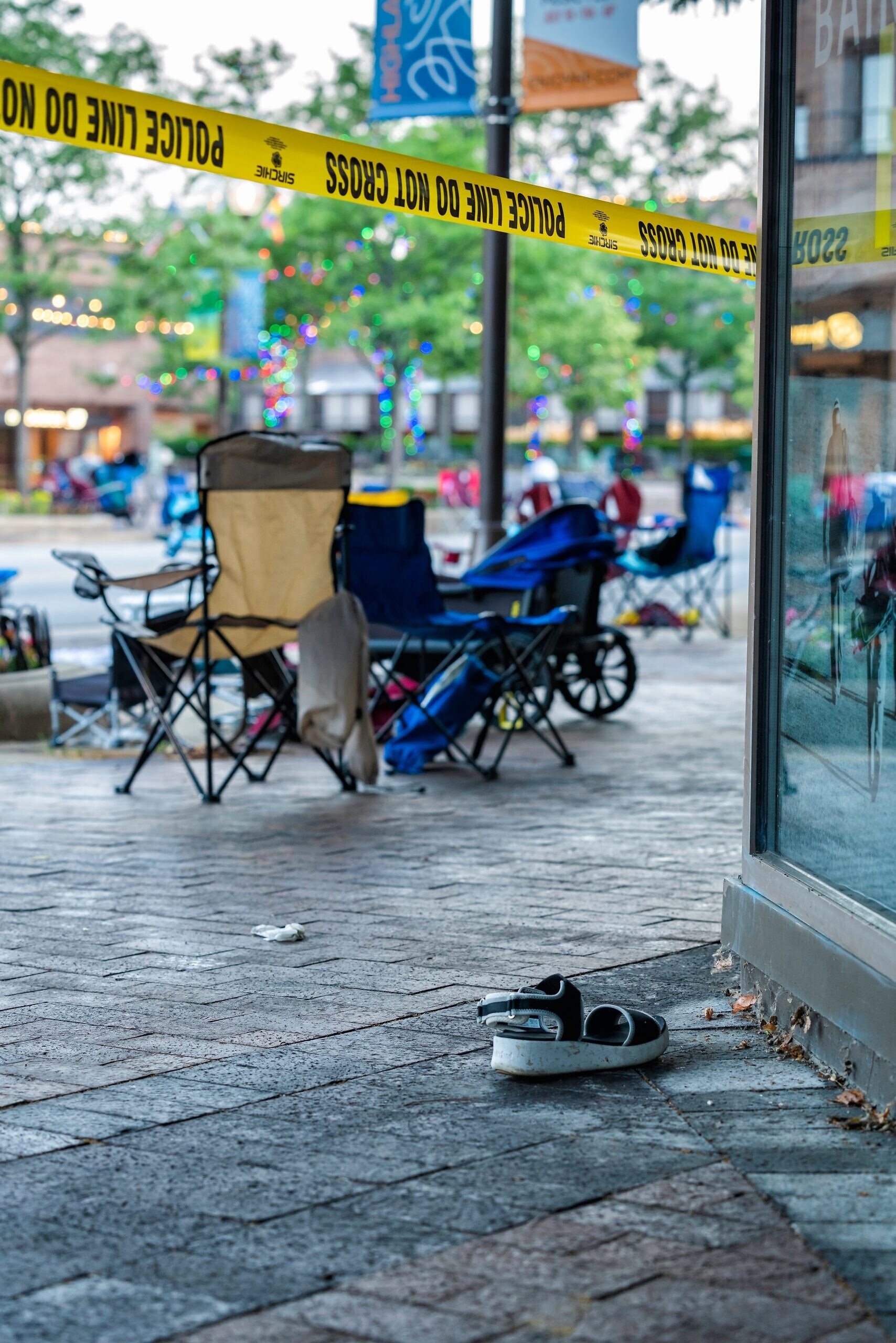
In 2013, Mayor Nancy Rotering and city officials adopted a citywide ban on assault weapons and large-capacity magazines. The ban was challenged in court, with the lawsuit being appealed to the U.S. Supreme Court. In 2015, the Supreme Court refused to hear the case, despite objections of conservative Justices Clarence Thomas and Antonin Scalia, letting the ruling in support of the ban from the U.S. Court of Appeals for the 7th District stand.
But neither the city’s ban nor the state’s tough gun laws were able to stop Crimo from legally purchasing his firearms, including multiple large-capacity magazine semi-automatic rifles. This despite having police called on him multiple times, including in 2019 when police confiscated a set of knives, a dagger and a sword after family members claimed he threatened to “kill everyone,” according to Lake County Major Crime Task Force spokesman Christopher Covelli.
Just months later, according to The Washington Post, Crimo applied for a firearms license from the state, which is required to purchase firearms, and because he was under 21 during that time, his father sponsored that application. Having not been charged for the earlier incidents, his application was approved.
While she was not in Highland Park at the time, Gordon said that the shooting hit close to home.
“I’ve spoken to everybody,” Gordon told JNS. “Everybody is traumatized and horrified. There’s a woman from my synagogue who was murdered, and there’s a family friend who was shot. The doctors on the news are all friends of ours.”
‘This is about public safety’
Lonnie Nasatir, president of the Jewish United Fund (JUF), who grew up in Highland Park but now lives in Chicago, said that he recoiled when he heard the news of the shooting.
“All the people traumatized by this—I can’t tell you how many people I know that were there. It’s well over 75 people I’ve talked to in the last two days that were there with their kids, running with their kids, hiding with their kids,” he said. “I mean, it’s just beyond words the fear and then the discussions you’re going to have to have with those children afterwards to explain what happened.”
“It’s beyond words in terms of just the loss and the horror and the shock that our small little thriving community has always been very safe was subjected to such mass hysteria and violence,” he added.
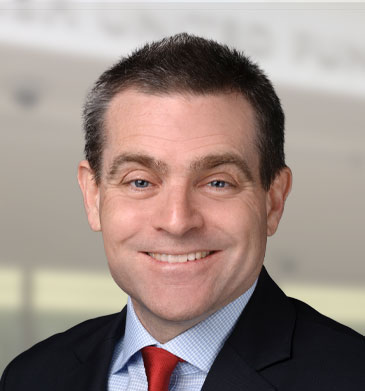
Nasatir said that he has been going to many vigils in the past couple of days, and the community has sprung into action to assist those who have been traumatized, including activating its Jewish Community Emergency Resiliency Team (JCERT) through Jewish Family Services. The team was developed to respond to similar situations and is assisting Jewish and non-Jewish families impacted by the tragedy, with therapists and social workers deployed to different parts of the community.
“We’re at camps, we’re at the synagogues, we even went to the overnight camp here; we’re trying to go to every portal where there’s Jewish life, and even in the non-Jewish sense, we’re trying to be there for the community at large,” he said.
Having looked at some of the information provided by the Secure Community Network and law enforcement, Nasatir said that based on the suspect’s social media, it appears that Crimo was a troubled individual with a fascination with guns and violence. But he agreed that nothing so far has pointed to anti-Semitism being a primary motivation, as what happened at the Tree of Life*Or L’Simcha Synagogue shooting in Pittsburgh in 2018 or the shooting at Chabad of Poway in 2019.
While JUF has long lobbied for sensible gun laws to prevent dangerous weapons from getting into the hands of people like Crimo, Nasatir said that they will be even more vocal when the Illinois legislature goes back into session.
“The system clearly didn’t work the way it should, and the consequences are obviously deadly. And that’s why the system needs to be rethought so there aren’t cracks, and you do everything you can to mitigate against those cracks happening. And I wouldn’t be surprised if—after this incident here—that we see a real groundswell of support,” said Nasatir.
“I don’t think this is even a political issue anymore,” he stated. “This is about public safety. This is about securing our community and making sure that we don’t have orphaned kids—2-year-olds—as a result of celebrating at a function like the Fourth of July.”
National Jewish organizations also weighed in on the tragedy.
The Rabbinical Alliance of America, which represents more than 950 Orthodox rabbis, said it was mourning along with the Highland Park community.
“We may never know what hate or evil sparked a mad man—an evil, cold-blooded deliberate killer, a terrorist with a chilling indifference to life—to mar the serenity of Independence Day with the blood of innocent people who gathered together to celebrate this great country. Our prayers are with the victims and their families and with our fellow Americans who are mourning this grave loss,” said Rabbi Mendy Mirocznik, executive vice president of the Rabbinical Alliance of America, in a news release.
“To this end, in honor of the victims of the Highland Park massacre, the Rabbinical Alliance of America calls upon all decent people to engage in acts of charity and kindness,” he continued. “Allow us to leave our comfort zone and engage positively with a stranger, touch them in a friendly interaction, and share with them some much-needed brotherly love and compassion. By reaching out and building friendships we improve the world around us, and at the same time, we memorialize the victims of the Highland Park shooting as a blessing for renewal and hope for our great nation.”
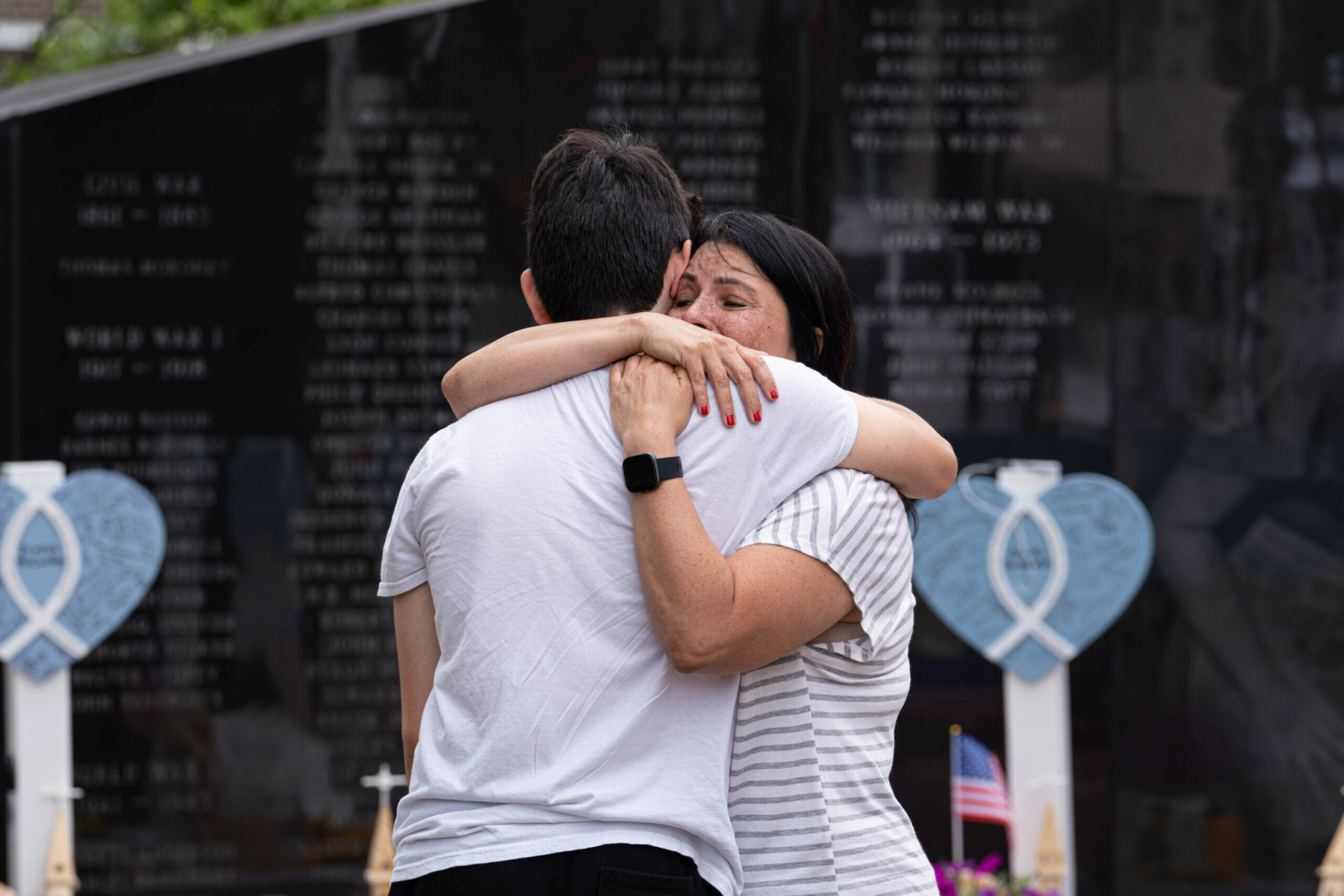
The American Jewish Congress called the shooting “nothing short of yet another display of domestic terror—and it must be treated as such in the court of law.” Such incidents, the group said, have become “far too familiar.” The group also thanked the law enforcement for responding, aiding the victims and capturing the suspect.
“The joys of being surrounded by friends, family and those we hold dear make the Fourth unlike any other. However, this year was defined by something much worse for the residents of Highland Park, those who hold those citizens close, and the innocent who partook in a day of celebration,” the organization said in a news release. “This outpour of mass violence and extremist acts that have plagued our nation in recent months is nothing shy of vicious. From Buffalo to Tulsa, from Uvalde to Highland Park—and anywhere in between—this loss of life must not only be condemned, but we must act to ensure that those responsible for taking these lives, for causing the hysteria and pain that follow, are held accountable at the highest levels.”
The Rabbinical Assembly, which represents rabbis of the Conservative movement, was not only disturbed by the shooting but continued to call for gun reform, saying that “all too often—and again, far too recently—we offer our deepest condolences and support to all those impacted by this despicable attack and reiterate our vehement condemnation of gun violence.”


























